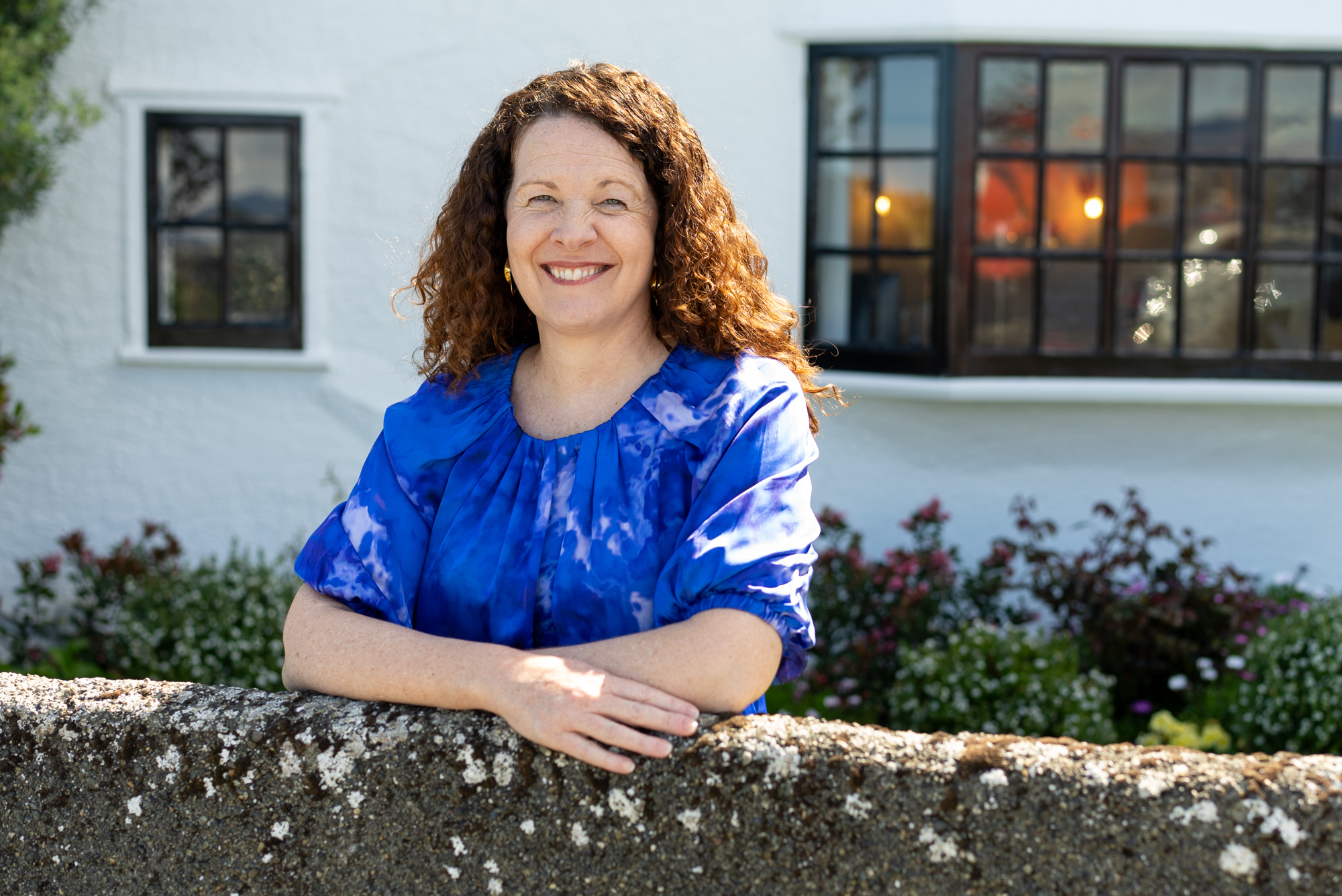Rebecca Knott describes it as a “passion leap”.
It’s a truly fitting description of her decision to chuck in a job as dam safety engineer to work as a volunteer in Guatemala, multi-tasking as a dental and medical assistant and EA.
“I was a fatigued young dam safety engineer,” says Rebecca.
“We’d just finished a massive project, which I found was mentally and emotionally demanding, and I really needed a change. At various points in dam remediation projects you have to work exceedingly hard, often around the clock with lots of monitoring, assessments and ongoing evaluation.”
The pressure took its toll, so Rebecca quit her job and headed to Central America’s most populous country to take up a volunteer role with a start-up aid agency she’d encountered on a previous visit with a church group.
“I’d always been interested in development and why countries are the way they are.”
The birthplace of the Mayan Civilization, Guatemala is a contrast of prosperity and poverty. It’s uneven distribution of wealth makes Guatemala City a volatile, and, on occasions, intimidating place where barbed wire and gun-toting security guards are the norm.
It also has stunning beauty – with active volcanos, lakes and the famous old capital, Antigua Guatemala, which is recognised as a UNESCO World Heritage site. And very friendly people.
Rebecca thought she’d be able to contribute some engineering skills. Instead, she spent her first-year learning to speak Spanish and helping out with the medical and dental teams.
“The basics of aid are about the things we take for granted – I was a dental assistant, a doctor’s assistant. Services that are gold, especially in remote rural communities.”
“In my second year, when I could speak Spanish, I ended up becoming the assistant to the director. She ended up becoming my Guatemalan mum!”
When Rebecca returned to New Zealand in 2006, she picked up where she left off, managing dam safety projects for consultancy Damwatch Engineering.
Her specialisation in a niche industry came about in a classic Kiwi way – the Pakuranga College head girl attending an open day for women in engineering at Auckland University with dubious intent.
“We were in seventh form and wanted a day off school,” laughs Rebecca. “I had no intention of being an engineer until then.”
But she was quickly hooked – instantly fascinated with what one particular branch of engineering could offer.
“Civil engineering was the only one that appealed. I was like ‘wow, that’s all the stuff that we see around us all the time’ – buildings, roads, bridges, water supply – all of it.”
The engineering school had an impressive testing lab that featured a huge weight for breaking things and an earthquake testing table that could shake things until they fell apart.
Rebecca enrolled and completed a Bachelor of Civil Engineering at the University of Auckland.
Her first job out of university was a two-year graduate training programme with ECNZ, working on the Matahina Dam strengthening project and Manapōuri’s second tailrace tunnel.
In total, she’d dedicate two decades to dam safety, culminating in senior management roles, including being the founding General Manager of Meridian subsidiary Dam Safety Intelligence, before it was time for another passion leap – into leading Meridian’s renewable development efforts.
Her role, ensuring Meridian has sufficient generation projects in train, is important and rewarding, but she doesn’t take her work home with her.
“I learnt a heap, worked with some great people and had amazing experiences in the dams space, but I knew it was time for a change. It was a bit daunting at the beginning, but it has been exactly what I needed. I will always have a passion for dams – that never leaves you – but having the opportunity to apply my management skills in a new space is fantastic. The renewable development team is such a great group. I love my job and my team.”
“We basically create a huge pipeline of opportunities, including onshore and offshore wind, solar and batteries, and keep a watching brief on anything else that might be emerging.”
The work isn’t without its challenges. Many of the early projects the team scopes will never come to fruition, while those that do aren’t always universally popular.
A big part of Rebecca’s role is dealing with complex community issues, such as public concerns and even outright opposition to renewable energy sites.
“Our team approach is that we always try to be kind,” says Rebecca.
“We are a group of engineers and scientists so we try to explain, for example, that there isn’t evidence a wind farm can do you harm, why the noise fits within guidelines, and how we can best address effects.”
Not everyone will become a fan, admits Rebecca.
“People will not always agree that a project is appropriate, and that’s where the RMA consenting process comes in. The decision is ultimately made by councils and/or the Environment Court. There can be some emotions expressed both for and against our projects and it’s about listening, empathising, and mitigating where we can. It’s a different skill set.”
Luckily for Meridian, its head of renewable development has plenty of experience operating in challenging environments.
